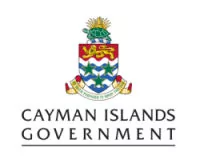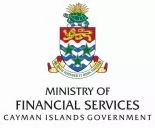Local persons and businesses that engage in the trade of certain animals and plants, and the product derivatives of animals or plants, will have a quicker process by which to be licensed.
The Department of Commerce and Investment (DCI) have amended their trade and business licensing forms to include individuals and businesses that trade in species listed under the Convention on International Trade in Endangered Species of Wild Flora and Fauna (CITES).
The new forms aim to reduce the time spent on the licensing process, as applicants no longer have to separately approach the Department of Environment to be registered as a CITES trader, and encourage compliance with local CITES-specific regulations.
CITES is an international agreement for global species conservation that has been extended by the UK to Cayman. It subjects international trade in specimens of selected species to certain controls. Under local legislation, specifically the Endangered Species (Trade and Transport) Law 2004 (ESTTL), there is greater regulatory oversight for permits, importations, and other activities related to the trade and transportation of locally and internationally listed endangered species.
In the ESTTL, Part IV intends to improve Cayman's ability to track and control trade in local species, through the registration of businesses and persons selling, or carrying out other activities with, listed species. DCI's business licensing forms were changed in order to comply with the law.
To be licensed, traders of animals and plants, and the product derivatives of animals or plants, are required to review the international CITES appendices and the ESTTL to determine for themselves whether they are trading in CITES-listed species or products.
DCI has also created a checklist of items for CITES traders to review in order to help in completing their licensing application.
Individuals or businesses who are trading in CITES-listed species or products must fill out a CITES trader registration form, at no additional cost to the applicant, and submit it to DCI. Failure to become registered as a CITES Trader, while continuing to trade in CITES-listed species or products, can lead to a fine up to $500,000 and/or imprisonment for four years as well as seizure and forfeiture of any vessel or property used during illegal trading.
Anyone who trades in animals and plants, and the product derivatives of animals or plants, can visit the Business Licensing Counter (formerly called the Trade and Business Licensing Counter) on the first floor of the Government Administration Building from 9am to 4pm, Mondays to Fridays, to collect a CITES trader registration form and an information brochure. Alternatively, persons can visit the DCI website, www.dci.gov.ky, for the required forms and information.
The content of this article is intended to provide a general guide to the subject matter. Specialist advice should be sought about your specific circumstances.

